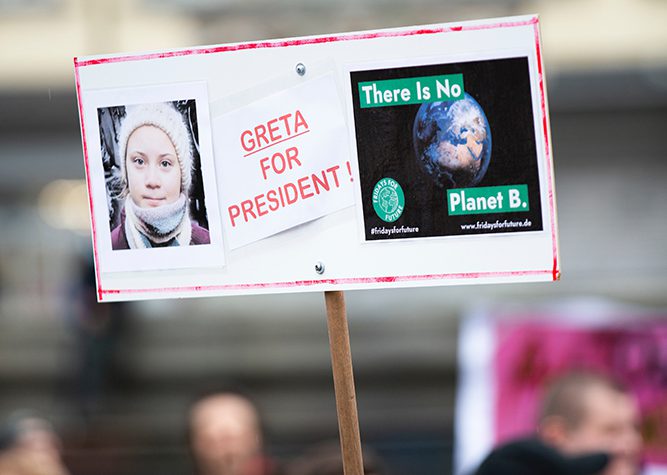
The White House doctor overseeing Donald Trump’s treatment at Walter Reed hospital sowed confusion about his health on Saturday by suggesting the president had contracted Covid-19 on Wednesday, earlier than thought.
Sean Conley, the White House physician, said in his first press conference that he was “extremely happy” with the progress the president had made since being admitted to the military hospital on Friday. He added that Mr Trump had been “fever free” for 24 hours and was in good spirits.
But Mark Meadows, White House chief of staff, told reporters afterwards that the situation on Friday had been worrying, showing that the White House had not been candid when it said Mr Trump had “mild symptoms”.
“The president’s vitals over the last 24 hours were very concerning and the next 48 hours will be critical,” Mr Meadows said at the hospital, according to the Associated Press. “We’re still not on a clear path to a full recovery.”
On Saturday evening, Mr Trump tweeted a video of himself speaking from inside the hospital, in which he thanked people for messages of support.
“I’m starting to feel good. You don’t know, over the next period of a few days, I guess that’s the real test, so we’ll be seeing what happens over those next couple of days,” said Mr Trump, who added that he had entered hospital because he did not want to quarantine at the White House.
“This is the most powerful country in the world. I can’t be locked up in a room upstairs [in the White House] and totally safe and just say: ‘hey whatever happens happens’. I can’t do that. We have to confront problems.”
In a memo released on Saturday evening, Dr Conley said Mr Trump remained free of fever, was “off supplemental oxygen” and was doing well after receiving a second dose of remdesivir, an experimental antiviral treatment manufactured by Gilead Sciences.
“While not yet out of the woods, the team remains cautiously optimistic,” Dr Conley said.
At his earlier news conference outside the hospital, Dr Conley said the president was 72 hours into his diagnosis, suggesting Mr Trump had tested positive on Wednesday, not late on Thursday as the president had said.
After his comment sparked more criticism that the White House was misleading the public, Dr Conley issued a statement saying that he had “incorrectly used the term seventy two hours instead of day three”.
Dr Conley also evaded questions about whether Mr Trump had needed oxygen. While he said Mr Trump was “not on oxygen” at the moment, he repeatedly refused to say whether he had received oxygen at any point.
The Associated Press later reported that Mr Trump was administered oxygen at the White House before departing for Walter Reed.
Recommended
The president was flown to Walter Reed on Friday after having had a fever earlier in the day. He was treated with two experimental drugs during the day, amid rising concern about his condition one month before the election.
On Friday, Dr Conley said Mr Trump had been given remdesivir after entering Walter Reed. He also said that Mr Trump had been given an experimental antibody cocktail manufactured by Regeneron Pharmaceuticals, a biotech company.
As part of his written clarification after the press conference on Saturday, Dr Conley said he had also incorrectly said that Mr Trump had been given the Regeneron drug 48 hours ago, when he meant to say “day two”.
But it was actually Dr Brian Garibaldi, another member of the president’s medical team, who had used the phrase, and not Dr Conley, raising more questions about the information that was being provided to the public.
In the memo, Dr Conley also included an incorrect name for both the drug and the company.
The confusion over the timeline of events has sparked concern that Mr Trump may have held a campaign rally and attended a fundraiser after learning that he had contracted the virus.
The president’s coronavirus diagnosis came just as he was ramping up campaign rallies to attempt to catch up with Joe Biden, his Democratic rival, in the polls, with time running out ahead of the November 3 election.
On Saturday, Chris Christie, the former New Jersey governor who helped Mr Trump prepare for the first debate with Mr Biden, said he had tested positive. He later checked himself into the Morristown Medical Center in New Jersey as a “precautionary measure”, he said on his Twitter account.
On Friday evening, Kellyanne Conway, a former top White House aide until last month, said she had tested positive. She had also helped Mr Trump prepare for the debate, and attended a White House Rose Garden event that the president held last Saturday to unveil his Supreme Court pick.
Mike Lee and Thom Tillis, two Republican senators who attended the same event, have tested positive. Ron Johnson, a Wisconsin Republican senator, on Saturday said he had also contracted the virus.
In another blow to Mr Trump’s re-election effort, his campaign manager, Bill Stepien tested positive on Friday. Ronna McDaniel, head of the Republican National Committee, who often interacts with Mr Trump, also tested positive.
Recommended
Mike Pence, the vice-president who would assume power temporarily if Mr Trump became incapacitated, tested negative on Saturday, his second negative result since the president was diagnosed with the virus on Friday.
Mr Biden told reporters on Saturday that he had not been tested since Friday — when he was tested twice — but would be tested again on Sunday. Some people have expressed concern that he could be vulnerable after having stood on stage with Mr Trump at the debate on Tuesday.
Follow Demetri Sevastopulo on Twitter





More Stories
After a cluster of new COVID-19 cases among the White House staff and a campaign offical, the election night watch party in the White House has become another symbol of U.S. President Donald Trump’s cavalier attitude toward a virus that is ripping across the …
Rob Lucas says the SA economy is forecast to go backwards by 0.75pc in 2020-21, a better outcome than a national economy forecast to shrink 1.5pc.
Labor and crossbench senators want changes to JobMaker, arguing too many workers will be excluded from the hiring credit scheme.